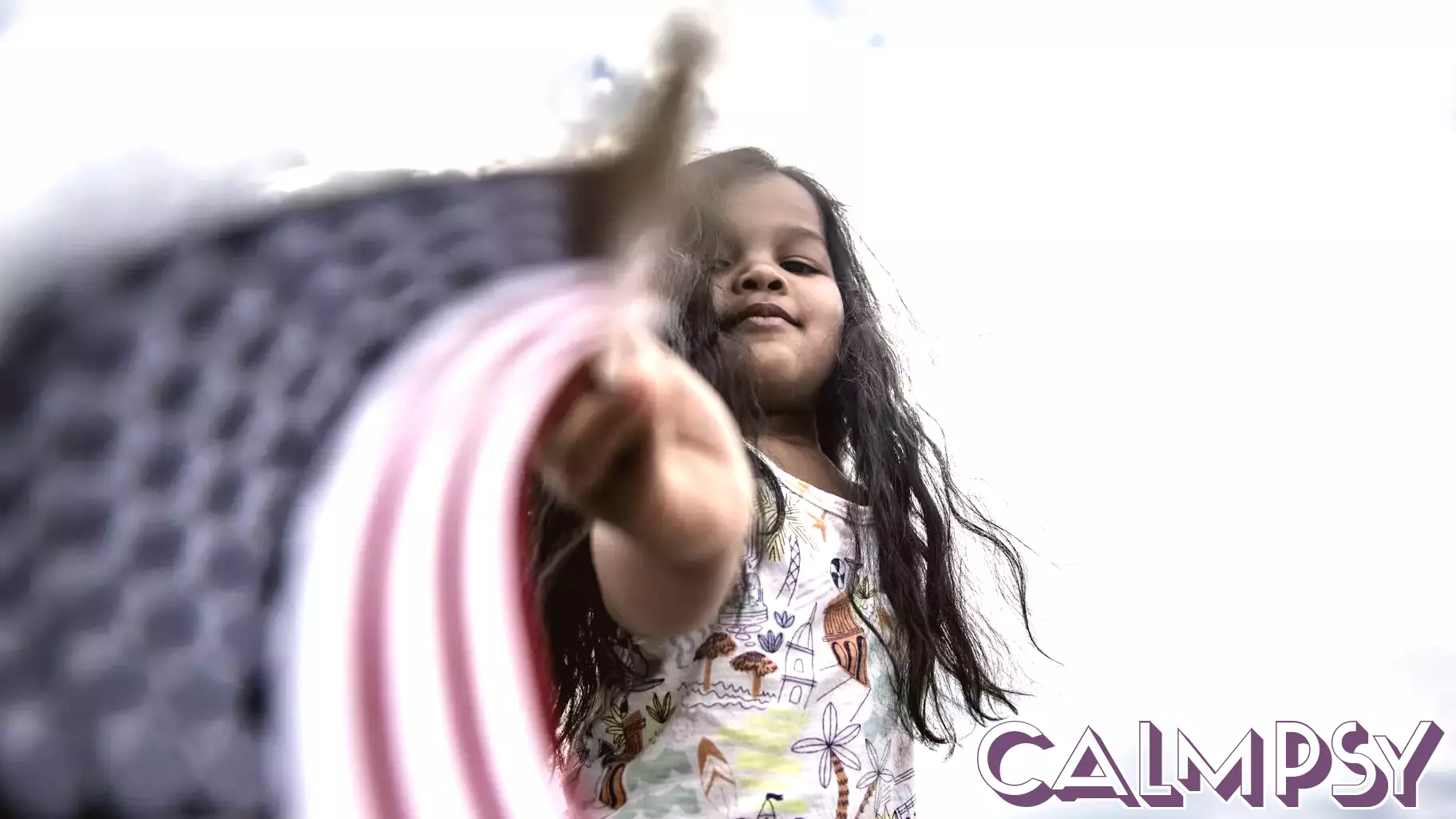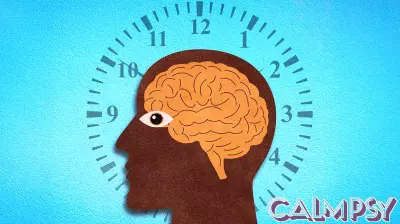Exploring the Complexities of American Identity and Belonging
June 30, 2025 - 19:10

The United States, along with many other nations, establishes legal definitions of citizenship that delineate who is considered a member of the nation. However, psychological studies reveal that these legal frameworks often clash with deeply rooted biases in people's perceptions of identity and belonging. Many individuals unconsciously associate the concept of being "most American" with characteristics such as being a white English speaker.
This bias reflects broader societal attitudes that can marginalize diverse groups and overlook the contributions of various ethnicities and cultures to the American identity. The implications of these biases are significant, influencing social dynamics, political discourse, and community cohesion. As America continues to grapple with its multicultural identity, understanding these psychological underpinnings is crucial for fostering inclusivity and challenging stereotypes.
Efforts to reshape perceptions of what it means to be American must prioritize a more nuanced understanding of identity that embraces diversity and reflects the true fabric of the nation.
MORE NEWS

February 21, 2026 - 04:49
New Theory of Learning Upends the Lessons of Pavlov’s DogA groundbreaking new theory is poised to rewrite a fundamental chapter in psychology, directly challenging the legacy of Pavlov`s famous dogs. For over a century, the principle of...

February 20, 2026 - 03:37
Psychology says people who pick up litter even when no one is watching usually display these 7 traits that are becoming increasingly rareIn a world where actions are often performed for social validation, a simple, unobserved act—picking up a stray piece of litter—can speak volumes about a person`s character. Psychologists note...

February 19, 2026 - 09:31
Psychology says the reason you feel exhausted after doing nothing all day isn't laziness — it's that unresolved decisions drain more energy than physical effort ever couldIf you`ve ever collapsed on the sofa after a seemingly lazy day, bewildered by your own fatigue, psychology points to a clear culprit: your unmade decisions. The mental load of unresolved choices�...

February 18, 2026 - 23:26
Meredith Professor Elected as President-Elect of the Society of Occupational Health PsychologyDr. Leanne E. Atwater, the program director for the Master of Arts in Industrial-Organizational Psychology program at Meredith College, has been elected as the President-Elect of the Society of...